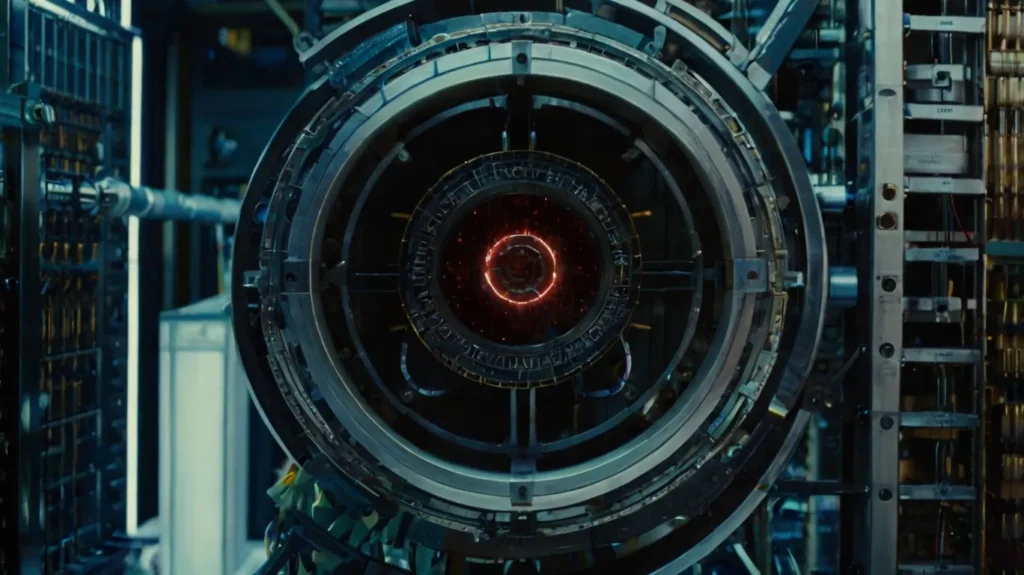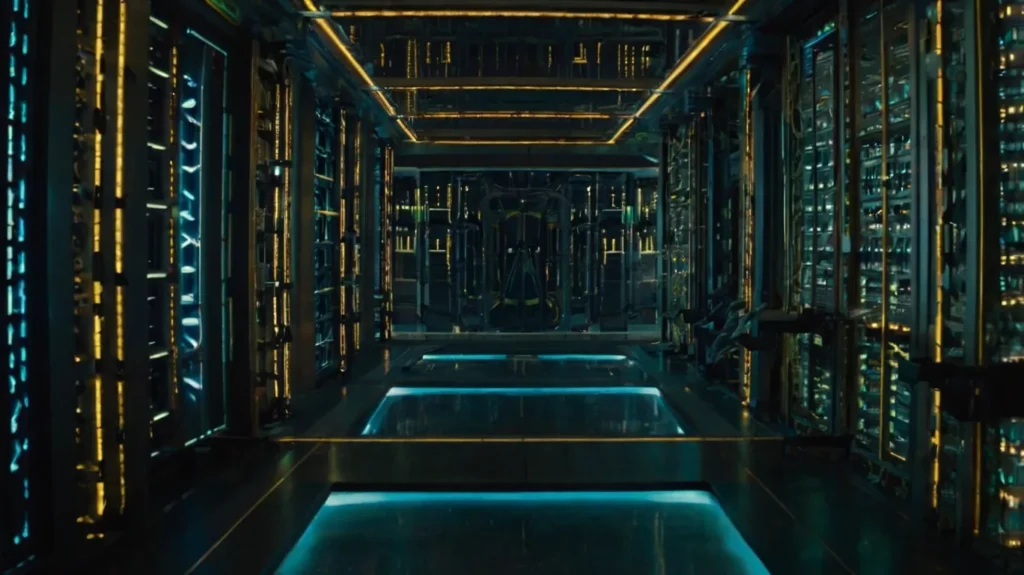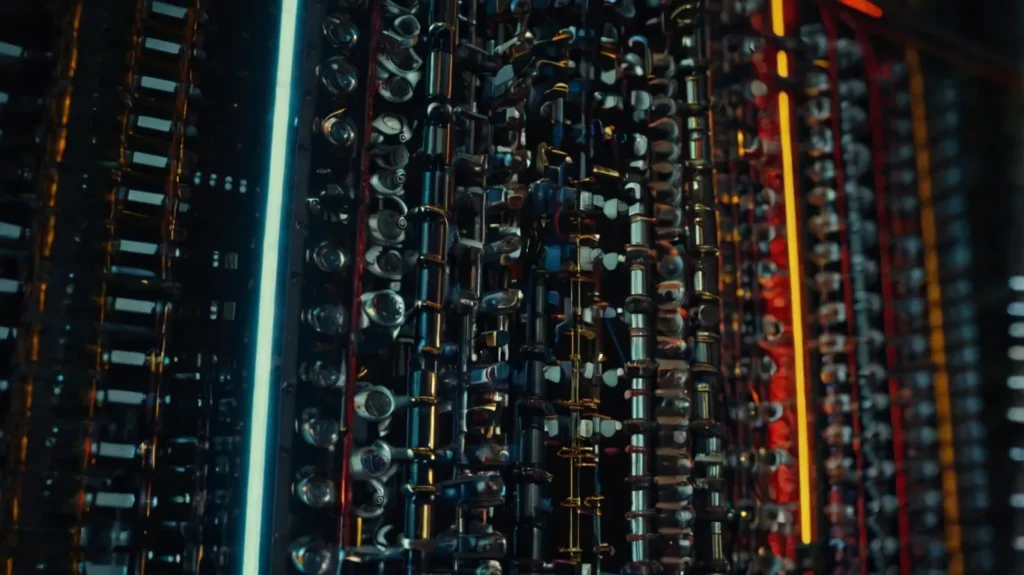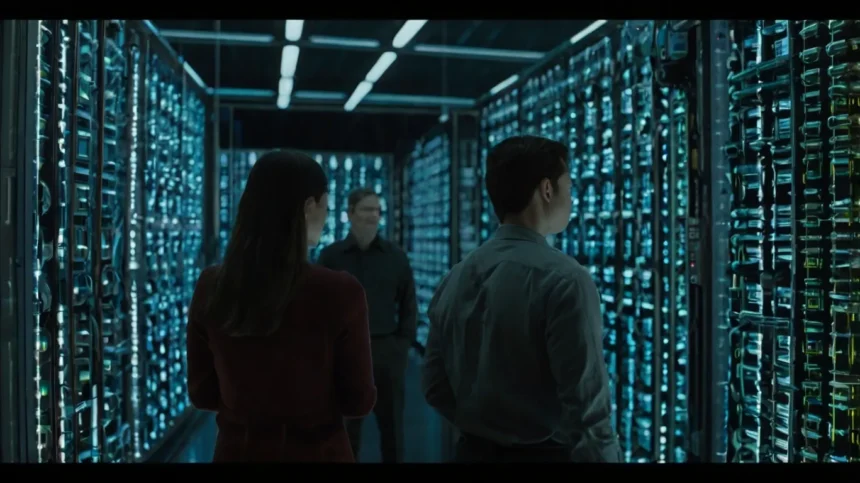In a world where digital security is under constant threat, a groundbreaking technology called quantum cryptography promises to change the game forever. Imagine a future where data breaches, online theft, and cyber espionage are nearly impossible. This is not just the stuff of science fiction but a real possibility thanks to the mind-bending principles of quantum mechanics. Let’s dive into how this revolutionary technology works, its potential to transform cybersecurity, and the challenges it could bring along.
Quantum cryptography is the next frontier in cybersecurity, offering unbreakable protection in an increasingly vulnerable digital world.
Dr. Alex Carter, Quantum Computing Expert.
What is Quantum Cryptography?
To understand quantum cryptography, let’s start with the basics. Traditional encryption relies on mathematical algorithms to secure data. These algorithms can be cracked with enough computational power or time. However, quantum cryptography is based on the principles of quantum mechanics, which govern the behavior of particles at the smallest scale.

The cornerstone of quantum cryptography is Quantum Key Distribution (QKD). QKD uses quantum particles, like photons, to create and distribute encryption keys. The unique aspect of QKD is that any attempt to eavesdrop or intercept the key alters its quantum state, making the intrusion detectable. Essentially, it’s like sending a letter that self-destructs the moment someone tries to open it.
How Does Quantum Cryptography Work?
At its core, quantum cryptography uses photons (particles of light) to transmit encryption keys securely. This groundbreaking method leverages the principles of quantum mechanics, particularly the behavior of quantum states, to ensure that any attempt to intercept or tamper with the data is immediately detectable. One widely known method is the BB84 protocol, named after its inventors, Charles Bennett and Gilles Brassard. Here’s a simplified explanation of how it works:
- Photon Transmission:
Photons are sent over a fiber-optic cable in different quantum states, representing binary 0s and 1s. These states might vary in polarization or phase, creating a unique and random sequence that forms the encryption key. - Recipient’s Measurement:
The recipient measures these photons using a specific set of rules or “bases.” These bases determine how the quantum states are interpreted. If the sender and recipient use compatible bases, the measurements match, and the key remains intact. - Eavesdropping Detection:
If an eavesdropper (or “hacker”) attempts to intercept the photons, the act of observation itself changes their quantum state due to the observer effect or the principle of quantum measurement. This alteration introduces detectable errors in the transmission, alerting both the sender and receiver to the intrusion. - Key Reconciliation:
After transmission, the sender and receiver compare a subset of their key over a public channel to check for inconsistencies. If too many discrepancies are found, the key is discarded, and a new one is generated. This ensures that only secure keys are used for encryption.
Quantum cryptography doesn’t encrypt the actual data being transmitted; it secures the encryption keys themselves. Once the key is exchanged securely via quantum methods, it can be used with classical encryption algorithms (like AES) to encrypt and decrypt data.
Expanding the Applications
Quantum cryptography has significant implications for industries that depend on secure communications. For instance, the banking sector could use quantum methods to protect financial transactions and customer data from evolving cyber threats. Similarly, governments and militaries could leverage the technology to safeguard sensitive communications, ensuring that no adversary can intercept classified information.
Furthermore, the advent of quantum networks, like those being developed in China with the Micius satellite, extends the range of quantum cryptography beyond fiber-optic cables, making it possible to establish global quantum-secure communication.
While the technology is still in its early stages, quantum cryptography represents a monumental leap forward in data security. Its reliance on the fundamental laws of physics, rather than mathematical complexity, makes it the most robust defense against the ever-growing sophistication of cyberattacks.
Why Quantum Cryptography is Revolutionary
1. Unbreakable Encryption
Traditional encryption methods, such as RSA, rely on the difficulty of solving complex mathematical problems, like factoring large numbers. However, the rise of quantum computers threatens to render these methods obsolete. A sufficiently powerful quantum computer could break current encryption systems in minutes.

Quantum cryptography, on the other hand, is inherently secure because it doesn’t rely on mathematical complexity but on the laws of physics. As long as these laws hold, quantum encryption remains unbreakable.
2. End of Eavesdropping
With QKD, any attempt to intercept the encryption key immediately reveals the presence of an intruder. This makes quantum cryptography ideal for applications like government communications, financial transactions, and healthcare records, where data privacy is paramount.
3. Securing the Internet of Things (IoT)
As billions of devices connect to the internet, securing these systems becomes critical. Quantum cryptography can provide the level of security needed to protect smart homes, self-driving cars, and industrial systems from cyber threats.
Real-World Applications and Examples
- China’s Quantum Satellite:
In 2016, China launched the Micius satellite, the world’s first quantum communication satellite. It successfully demonstrated QKD over long distances, paving the way for a global quantum-secure communication network.
Quantum cryptography is revolutionizing secure communication with real-world applications like satellites and banking.
Dr. Emily Zhang.
- Europe’s Quantum Network:
The European Quantum Communication Infrastructure (EuroQCI) project aims to build a quantum-secure network across the EU. The goal is to protect critical infrastructure, government data, and financial systems. - Quantum-Secured Banking:
Banks like JPMorgan Chase and Bank of America are exploring quantum cryptography to secure financial transactions and prevent cyberattacks on customer accounts. - Secure Elections:
In some pilot projects, researchers are investigating the use of QKD to secure electronic voting systems, ensuring tamper-proof elections.
Challenges in Implementing Quantum Cryptography
While the technology is promising, several challenges remain:

1. High Cost and Infrastructure Needs
Setting up a quantum-secure communication system requires specialized hardware, like quantum repeaters and single-photon detectors, which are expensive and difficult to scale.
2. Distance Limitations
Currently, QKD works best over short distances due to photon loss in fiber-optic cables. While satellites like Micius address this issue, scaling the technology globally remains a hurdle.
3. Quantum-Safe Algorithms
While quantum cryptography is secure, its widespread adoption requires integration with classical encryption systems. Developing hybrid models that combine quantum and classical methods is an ongoing challenge.
4. Monopoly Risks and Geopolitical Tensions
As countries like China, the U.S., and members of the EU race to develop quantum networks, there’s a risk of monopolies over quantum communication. This could lead to a new cold war, where nations with quantum-secure networks dominate global information flow, potentially excluding less advanced countries.
The Sci-Fi Angle: A New Kind of Cold War
Imagine a future where only a few nations control quantum-secure networks. These countries could create alliances or monopolies, leaving others vulnerable to cyberattacks. In this scenario, quantum cryptography doesn’t just protect data; it becomes a tool of power and influence. The first nation to build an unhackable quantum internet might dictate global policies, spark geopolitical conflicts, or even weaponize information security.
In such a world, nations with access to quantum-secure systems could dominate international trade, finance, and diplomacy, while less advanced countries risk being excluded from critical global conversations. This disparity could widen the digital divide, creating a scenario where the control of quantum technology defines a nation’s power, akin to nuclear weapons during the Cold War.
Ethical concerns also arise: Should quantum technology be universally accessible, or will it remain a privilege of the few? How do we ensure it isn’t used to oppress smaller nations or manipulate information on a global scale? Ensuring equitable access will require international collaboration and regulation, but achieving consensus in an increasingly fragmented geopolitical landscape will be a significant challenge.
The potential for such a dystopian future underscores the need for transparency, ethical governance, and shared responsibility as we develop quantum technologies. The question isn’t just about who will lead the quantum revolution—it’s about whether we can wield its power responsibly for the collective good of humanity.
The Future of Quantum Cryptography
Despite the challenges, the future of quantum cryptography looks promising:
- Quantum Internet:
Researchers are working on creating a quantum internet where all communications are quantum-encrypted. Such a network could revolutionize sectors like healthcare, defense, and global commerce. - Hybrid Security Models:
Combining quantum and classical encryption methods could provide an intermediate solution until quantum cryptography becomes widely available. - Affordable Quantum Solutions:
As technology matures, the cost of quantum hardware is expected to decrease, making it accessible for small businesses and even personal use.
Breaking Down the Barriers
Quantum cryptography holds the promise of a future where data is truly unbreakable. From securing sensitive communications to preventing cybercrimes, its applications are vast and transformative. However, like any powerful technology, it comes with challenges and risks that must be addressed responsibly.
As we stand on the brink of a quantum revolution, one thing is certain: the race to harness quantum cryptography will not only shape the future of cybersecurity but also redefine global power dynamics. Whether this technology becomes a force for good or a tool for conflict depends on how we choose to develop and regulate it in the years to come.
The quantum age is here, and its impact will be as profound as it is inevitable.
Must Read : Terraforming Earth












